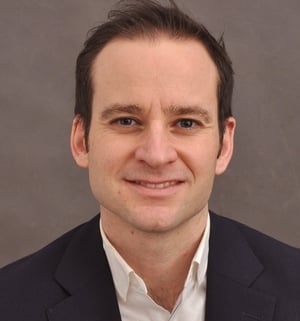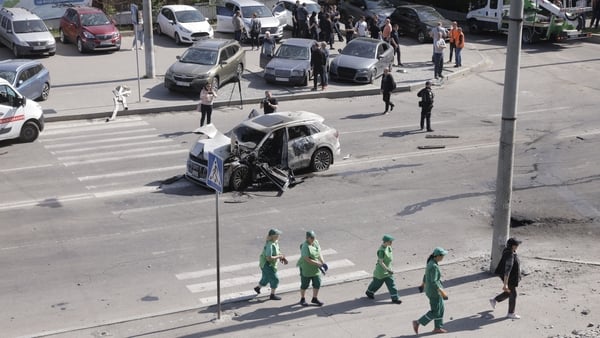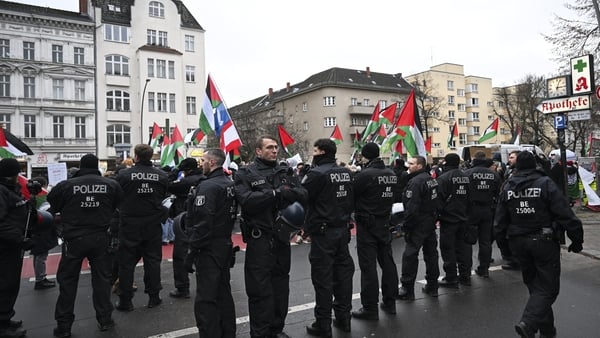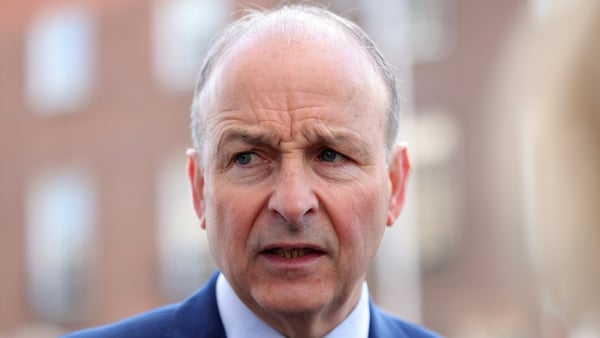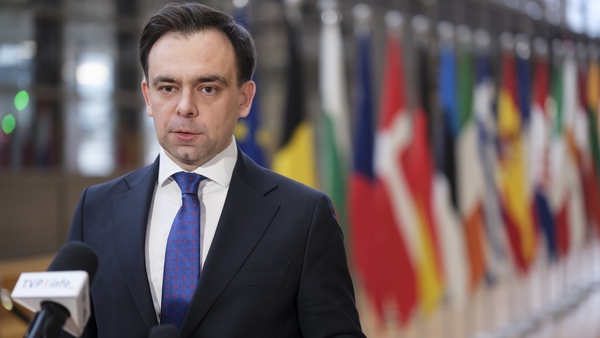Dead civilians covered in sheets of foil, burnt out cars and destroyed buildings.
That was the scene that news crews filmed on Sunday in Sumy, a city in northeastern Ukraine.
Russia had fired two ballistic missiles at the city's central district, killing 35 civilians, including two children.
More than 115 people were injured.
A week previously, another Russian ballistic missile killed 19 civilians, among them nine children, in the central Ukrainian city of Kryvyi Rih.
In both cases, Russia's defence ministry said it had targeted meetings of Ukrainian military officials - claims that could not be independently verified.

Russia has also not provided evidence to support its claims.
Only two days before the attack on Sumy, US Special Envoy Steve Witkoff had met Russian President Vladimir Putin in St Petersburg to discuss steps to end the war.
However, something is amiss with these two events.
Mr Witkoff met Mr Putin to talk about peace on Friday, which was followed by carnage on the streets of Sumy caused by Russian firepower on Palm Sunday.
It raises the question: Is Russia mocking US peace efforts in Ukraine?
Polish foreign minister Radoslaw Sikorski seems to think so.
Yesterday he told reporters in Luxembourg that he hoped US President Donald Trump sees that Russia's leader was "mocking their goodwill".
What is clear is that Russian forces are firing huge Iskander ballistic missiles that weigh more than 450kg into the centre of Ukrainian cities.

Firing this kind of missile into densely populated areas is always going to carry a high probability of killing innocent civilians, who are going about their daily lives, as the people of Sumy were doing on Sunday morning.
Such lethal attacks suggest Russia is now emboldened to press on with its three-year war, as opposed to being pressured by the US to stop it.
Mr Trump and Mr Putin have held two official phone calls since February, but little concrete progress has been made so far on ending the fighting.
Yes, senior US officials last month negotiated an initial 30-day ceasefire between Russia and Ukraine to halt attacks on energy facilities.
That agreement never really got going, and both sides have accused each other of repeatedly breaking the US-brokered deal.
It was followed two weeks later by a 30-day maritime ceasefire in the Black Sea.
However, Russia came straight back with fresh demands for specific sanctions to be lifted, leaving the energy element of the ceasefire agreement in limbo.
Getting Ukraine on board was the easy part despite Mr Trump saying early last month that Ukraine had been more difficult than Russia to deal with.
Russia's deputy foreign minister Sergey Ryabkov also said two weeks ago that the current US plan for a ceasefire was unacceptable because, in Russia's view, it does not address the "root causes of the conflict".
By "root causes", the Kremlin means NATO expansion in eastern Europe during the late 1990s.
Mr Ryabkov’s statement suggests Russia had serious reservations about the US ceasefire proposal from the start.
Read more: Ukraine, US hold 'constructive' talks on minerals deal - official
It is also telling that, on 11 March, Ukraine agreed to an initial US proposal for a 30-day ceasefire across all fronts on land, sea and air.
Russia refused that same proposal, opting instead for a limited ceasefire which it has broken anyway.
The Kremlin’s tactic is to wage war and continue with its maximalist demands as the price to end the fighting.
Mr Trump said yesterday that the attack on Sumy was "horrible" and "a mistake".
But Russia makes too many of these 'mistakes’, making it hard to believe that it is willing to engage seriously in a peace process.
European leaders strongly condemned the Sumy attack and are planning another round of sanctions against Russia.
The US might need to consider a similar approach to force a change in Russian tactics.

